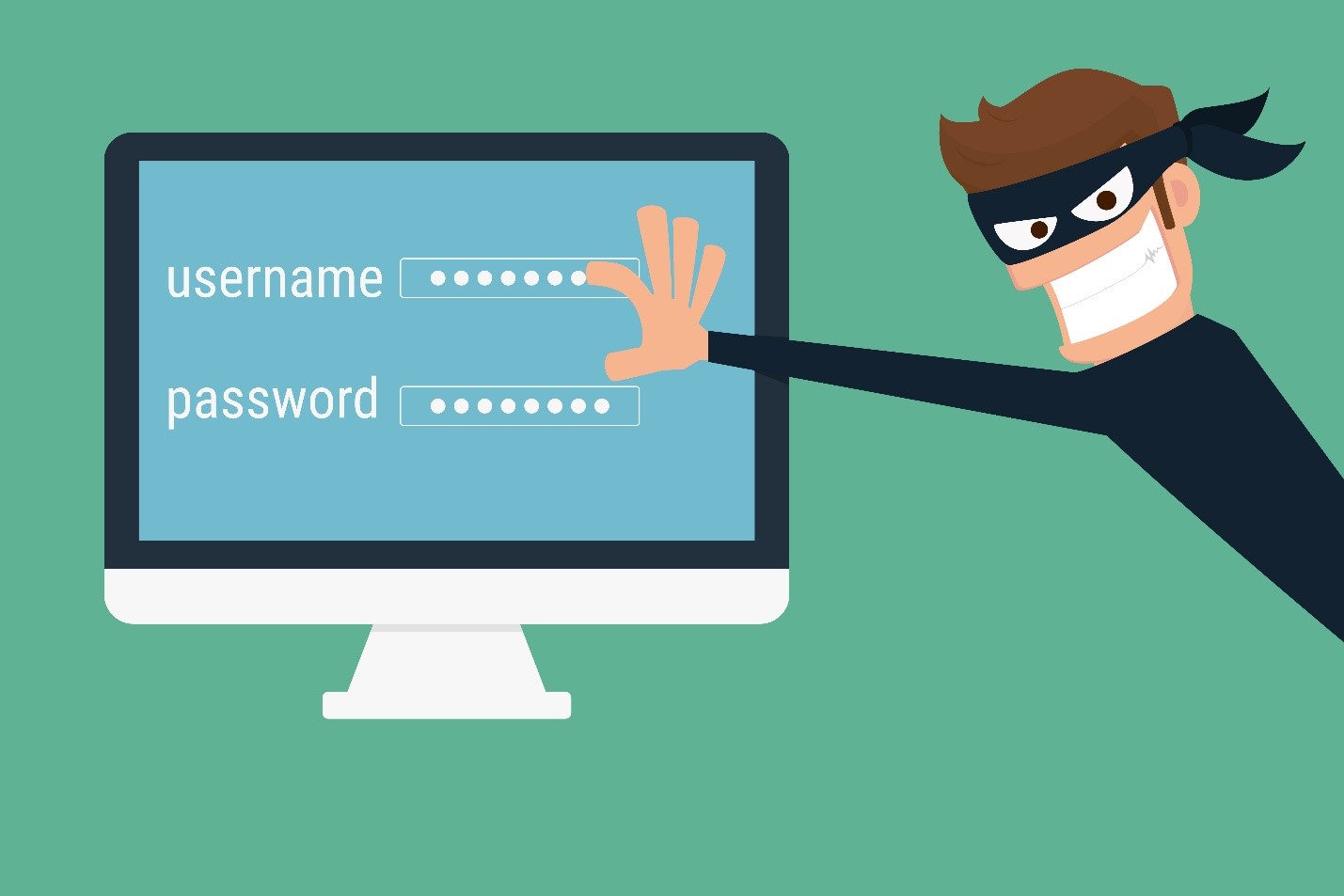You’re a Target for Hackers. Here are 5 Ways to Protect Yourself!

I get asked all the time, by friends who’ve had their social media accounts hacked, had bogus charges appear on credit card bills or simply by smart people concerned about their online security: “Eyal, what can I do to keep from getting hacked? How can I protect my online information?”
The first thing I say to them is that once an experienced hacker targets them, there’s very little they can do about it. It’s like confronting an assailant in a dark alley, one who also happens to be an expert in martial arts. If they want your money, they’re going to get it.
Scary, sure, but I don’t say it to scare them or make them paranoid; I’m trying to warn them about all the dark alleys. In the real world it’s pretty simple: there’s a dark alley; don’t go there. Online, it’s not so simple. Those dark alleys aren’t always dark, and it’s relatively easy to find yourself in one without realizing it.
The truth is, if you have even one online account with a password, you’re a target. The key to protecting yourself is not to be an easy target. Here are 5 things you can do—should do--right now to lower your risk of ending up down some dark, online alley at the mercy of a hacker.
Stop Using a Simple Password and Stop Using the Same Password for Multiple Accounts. This is my number one piece of advice I can give anyone worried about online security. Once a hacker has even one of your passwords, they’ll see if it works with any other account they know or suspect you have. If you use a simple password for multiple accounts, it’s not a question of if you’ll get hacked—it’s a question of when. Use a password with a mix of at least 10 characters, numbers, and symbols and never, ever share it. If you can’t keep up with all your passwords, let a secure password management program like LastPass do it for you.
Keep Your Computer’s Software Up to Date There are good reasons why operating systems, programs and apps are updated continuously. Security breaches are discovered, vulnerabilities are patched, and program bugs are squashed. Updates are released to protect, not to annoy you. Allow automatic updates for your operating system and programs and use a browser such as Chrome or Firefox that receive frequent security updates.
Think Before You Click Seriously, I can’t stress this enough: If you don’t recognize an email or its sender, or if you recognize the sender but the header seems a little off --DON’T CLICK IT, especially if there’s an attachment. What’s the worst that can happen if you don’t? If it’s legit, the person who sent it will message or call you. The worst that can happen if you do click it? A virus or malware can almost instantly infect or take control of your computer, gain access to anything on it and even wipe all your information. Unfortunately, there are more scam emails than legit emails out there.
Install an Anti-Virus Program Most modern operating systems already have some level of firewall and virus protection in place but consider enhancing your computer’s security with an additional antivirus or malware protection program. The nominal cost of a good, secure, third-party antivirus program is a wise investment.
Back Up Your Data Worst case scenario, if your computer is hacked or infected by a virus or malware, the only way to completely get rid of it is to wipe the hard drive and reinstall the operating system. Use an online backup program like Carbonite and make occasional backups of your files and documents to an external drive, then unplug it and keep it in a safe place. Take advantage of cloud-based storage services like Google Drive and Dropbox, which keep your work secure and accessible from any computer. When it comes to backups, there’s no such thing as overkill.
Your online information is valuable and bad people want it. Always be mindful and alert online and don’t click anything without knowing exactly what to expect. The more you put out there, the more attention it draws. Make sure any information you add online is only available to the people you want to have it. The smaller your online footprint, the harder it makes it for hackers to notice you.